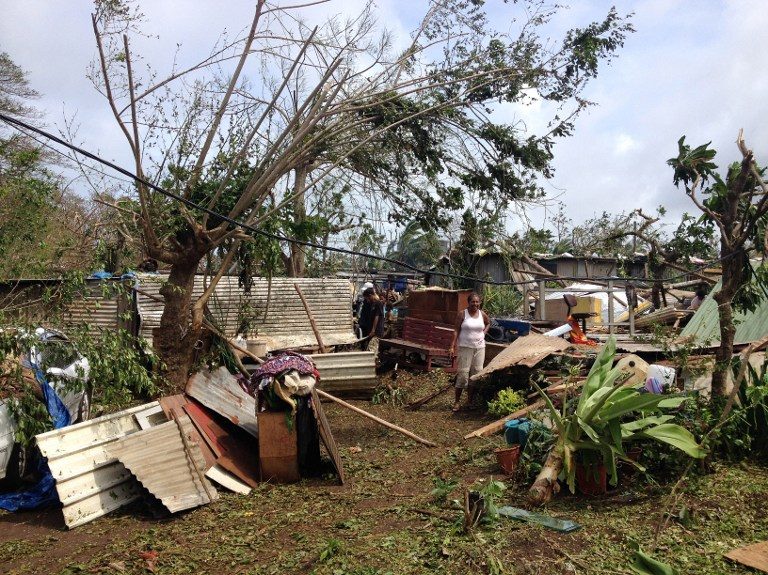SUMMARY
This is AI generated summarization, which may have errors. For context, always refer to the full article.

SENDAI, Japan – The United Nations Development Programme (UNDP) has announced a new 10-year global programme in support of country efforts to reduce the risk of disasters.
Launched at the sidelines of the World Conference on Disaster Risk Reduction (WCDRR) held a few weeks ago, the program is intended to help countries achieve the goals of the Post-2015 Framework for Disaster Risk Reduction.
Called “5-10-50”, the program will support countries and communities to help them deliver better risk-informed development. It targets 50 countries over 10 years, with a focus on 5 critical areas: risk awareness and early warning; risk-governance and mainstreaming; preparedness; resilient recovery; and local/urban risk reduction.
“The only way to protect development gains from disasters and to eradicate poverty is to integrate disaster risk reduction into development and to make all development risk-informed,” said UNDP chief Helen Clark. “Our new programme will help our partners achieve this by strengthening laws, policies and institutions that enable a comprehensive, all-of-society approach to DRR [disaster risk reduction].”
Disasters have killed more than 1.3 million people and cost over $2 trillion during the last two decades. UNDP’s new programme will help partners address capacity gaps, and is building on a decade of work and nearly $2 billion of investments in DRR.
Underpinning UNDP’s targeted engagement is a new report, also launched during the World Conference on Disaster Risk Reduction, titled, “Strengthening Disaster Risk Governance: UNDP Support during the HFA Implementation Period 2005-2015”.
The report is a review of UNDP support in 125 disaster-prone countries since 2005, and draws on detailed findings from a selection of 17 countries. The findings from the report are to be used in the development of the new programme.
The Hyogo Framework for Action 2.0 is the document which succeeded the Hyogo Framework for Action (2005-2015) ratified by 168 countries 10 years ago. It is said to be the first of a number of global development-related processes to emerge in 2015, a critical year for shaping sustainable development. This follows the post-2015 development goals ratification in September and the global climate negotiations in December this year.
UNDP maintains that a risk-informed development approach is necessary to protect development gains and eradicate poverty. – Rappler.com
Add a comment
How does this make you feel?
There are no comments yet. Add your comment to start the conversation.